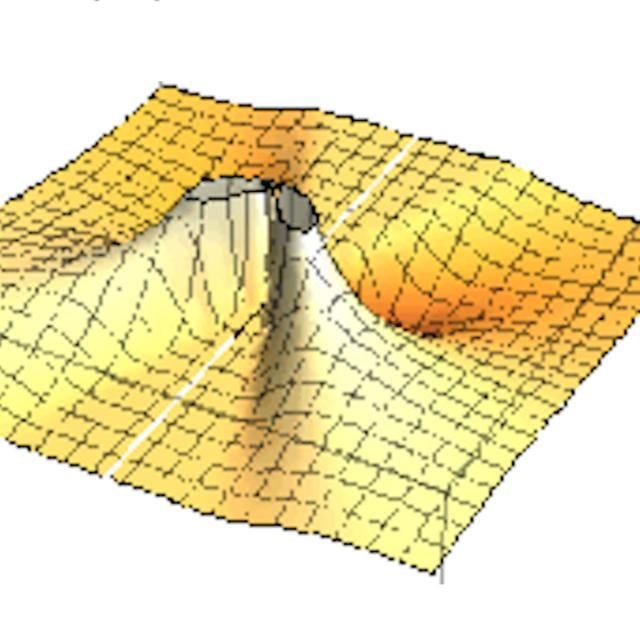MOOC List is learner-supported. When you buy through links on our site, we may earn an affiliate commission.

MOOC List is learner-supported. When you buy through links on our site, we may earn an affiliate commission.
This course can also be taken for academic credit as ECEA xxxx, part of CU Boulder’s Master of Science in Electrical Engineering degree.
At the end of this course learners will be able to:
1. describe and analyze angular momentum states using quantum mechanically defined angular momentum operators,
2. solve angular momentum eigenvalue equations and
3. add angular momenta quantum mechanically.
What You Will Learn
- Distinguish non-degenerate and degenerate cases and use appropriate methods.
- Perform calculations using the time-independent perturbation theory.
- Describe absorption and stimulated emission processes.
- Obtain approximate solutions using the variational method.
Course 3 of 3 in the Quantum Mechanics for Engineers Specialization
Syllabus
WEEK 1
Time-independent Perturbation Theory
In this module we will introduce the course on approximation methods commonly used in quantum mechanics and then discuss time-independent perturbation theory. We will first discuss non-degenerate perturbation theory and derive useful formulas for the first- and second-order corrections. We will then discuss degenerate perturbation theory. We will also discuss specific examples where the various perturbation methods are used - Stark effect, fine structure and Zeeman effect.
WEEK 2
Time-dependent Perturbation Theory
In this module, we will introduce interaction picture and derive time evolution equations. After discussing a simple but illuminating example of two-state system, we develop time-dependent perturbation theory and discuss the probability of transitions between quantum states induced by external perturbation.
WEEK 3
Other Approximation Methods
This module covers several non-perturbative approximation methods. They are the tight binding method, variational method and the use of finite basis set.
MOOC List is learner-supported. When you buy through links on our site, we may earn an affiliate commission.
MOOC List is learner-supported. When you buy through links on our site, we may earn an affiliate commission.
